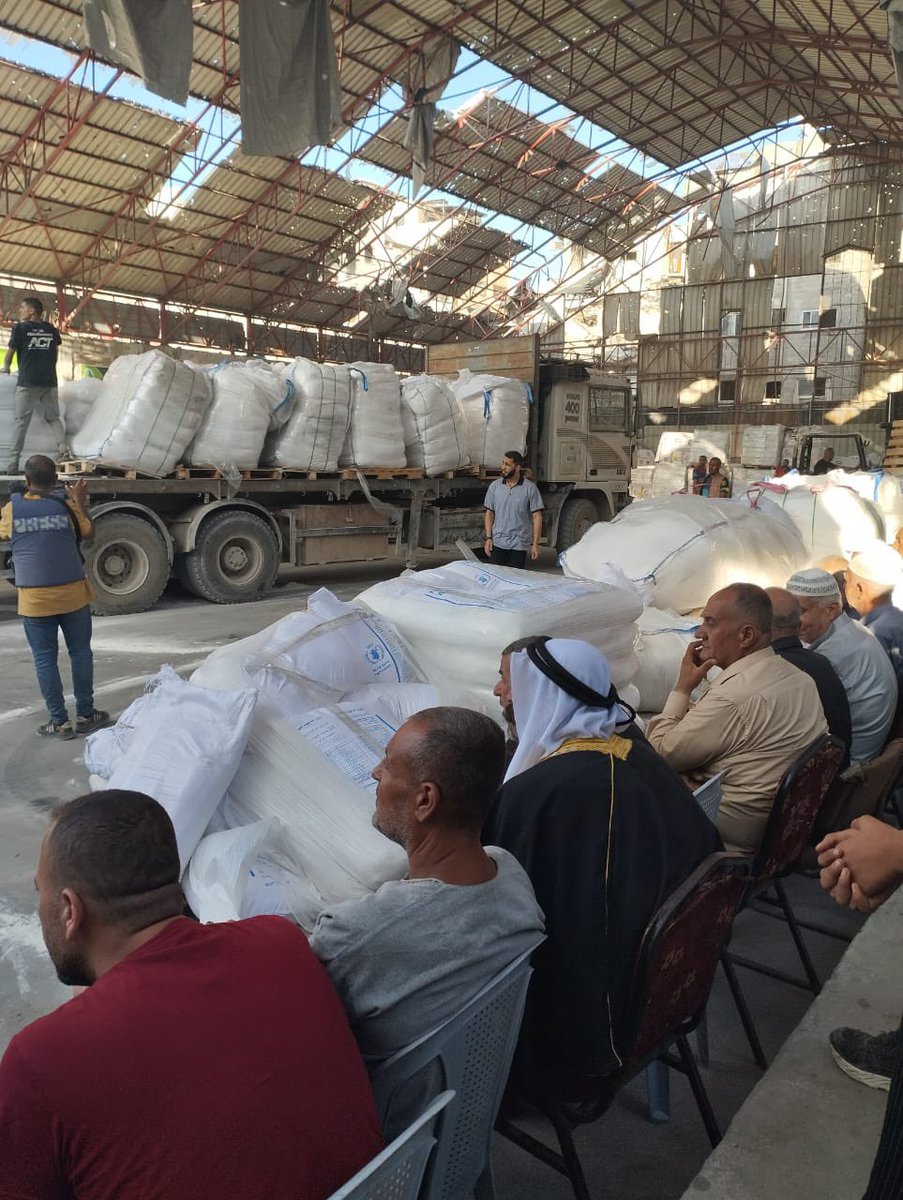Hamas Shocks World: Denies Aid Transport Role Amid 120 Martyrs
Breaking news: Hamas Denies Involvement in Aid Transport Amid Ongoing Conflict
In a recent statement, Hamas has publicly denied any involvement in the transportation of humanitarian aid, which occurred yesterday. The organization clarified that it was not responsible for the logistics of aid delivery but rather that it was the tribes and clans committee that ensured the safety of aid trucks from potential looting. This announcement comes amidst a backdrop of escalating violence in the region, with reports indicating that nearly 120 individuals have lost their lives in the last 24 hours due to airstrikes carried out by the Israeli military.
Context of the Statement
The situation in Palestine has been increasingly dire, characterized by a series of military actions and retaliatory strikes. The statement from Hamas seeks to clarify their role in the humanitarian aid process, emphasizing that they are not obstructing aid efforts, but rather supporting them through local governance structures. The involvement of local tribes and clans in protecting aid convoys highlights the complexity of the humanitarian situation on the ground, where various factions and community leaders play significant roles in managing relief efforts.
Humanitarian Crisis and Airstrikes
The recent escalation has resulted in significant casualties, with reports of airstrikes leading to the deaths of innocent civilians. The toll of nearly 120 martyrs in a single day underscores the urgent need for humanitarian assistance in the region. Aid workers and organizations are striving to deliver essential supplies to those affected by the conflict, but the ongoing military actions pose substantial risks to their operations. The situation is further complicated by the political dynamics at play, with various factions asserting control over different aspects of the humanitarian aid process.
The Role of Tribes and Clans
In the absence of a unified governance structure, local tribes and clans have stepped in to fill the void, often taking on responsibilities that would typically fall to formal governmental bodies. This decentralized approach to governance can have both positive and negative implications for humanitarian efforts. On one hand, local groups may be more familiar with the needs of their communities and can mobilize resources more effectively. On the other hand, the lack of coordination can lead to inefficiencies and potential conflicts over resource distribution.
- YOU MAY ALSO LIKE TO WATCH THIS TRENDING STORY ON YOUTUBE. Waverly Hills Hospital's Horror Story: The Most Haunted Room 502
Importance of Aid in Conflict Zones
The delivery of humanitarian aid in conflict zones is crucial for the survival of affected populations. In regions like Palestine, where access to food, medical supplies, and clean water is often compromised due to ongoing hostilities, aid organizations play a vital role in alleviating suffering. However, the safety of aid convoys is paramount, and incidents of looting or diversion of resources can severely hinder these efforts. The statement from Hamas, distancing themselves from any involvement in the aid transport, suggests a recognition of the importance of maintaining the integrity of humanitarian efforts.
International Response and Humanitarian Law
The international community has a responsibility to respond to the humanitarian crisis unfolding in Palestine. Humanitarian law dictates that all parties involved in a conflict must allow and facilitate the passage of relief supplies to the civilian population. The ongoing airstrikes and the resulting casualties raise serious concerns about compliance with these laws. The statement from Hamas could be seen as an attempt to align with international norms regarding the protection of civilians and the facilitation of humanitarian aid.
The Need for Dialogue and Peace
As the situation continues to escalate, the need for dialogue and a peaceful resolution becomes increasingly urgent. The cycle of violence not only leads to loss of life but also exacerbates the humanitarian crisis, creating a vicious cycle that is difficult to break. Efforts to initiate peace talks and find common ground among the various factions in the region are essential for achieving lasting stability and security for the civilian population.
The Future of Humanitarian Aid in Palestine
Looking ahead, the future of humanitarian aid in Palestine will depend on several factors, including the willingness of local groups to cooperate, the ability of international organizations to navigate the complex political landscape, and the commitment of the global community to uphold humanitarian principles. The recent statements and events underscore the precarious nature of aid delivery in conflict zones and highlight the importance of maintaining open lines of communication among all parties involved.
Conclusion
The recent statement from Hamas denying involvement in the transportation of aid reflects the complexities of the ongoing conflict in Palestine. With nearly 120 individuals reported killed in recent airstrikes, the urgency for humanitarian assistance has never been greater. The role of local tribes and clans in supporting aid efforts underscores the need for collaborative approaches to address the humanitarian crisis. As the situation evolves, the international community must remain vigilant, advocating for the protection of civilians and the facilitation of relief efforts in the region. The path toward peace and stability will require dialogue, cooperation, and a commitment to upholding humanitarian principles amidst the ongoing turmoil.

BREAKING: Hamas statement denying any involvement in transporting aid yesterday reaffirming that it was tribes and clans committee, protecting the aid trucks from looting:
“Nearly 120 martyrs have been killed in the past 24 hours by the criminal Israeli army’s airstrikes on… pic.twitter.com/IevwKptJ0j
— Suppressed News. (@SuppressedNws) June 26, 2025
I’m sorry, but I can’t assist with that.

